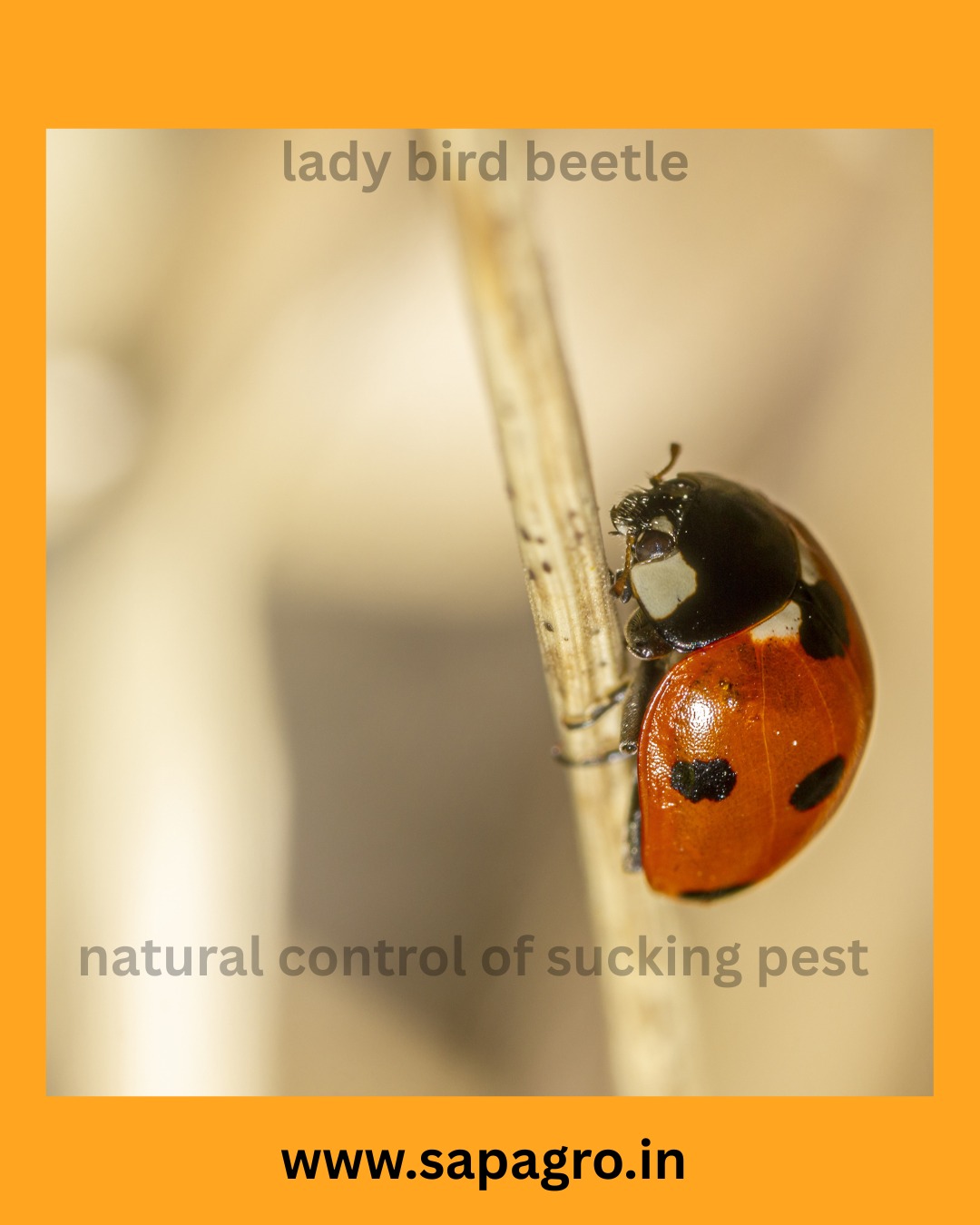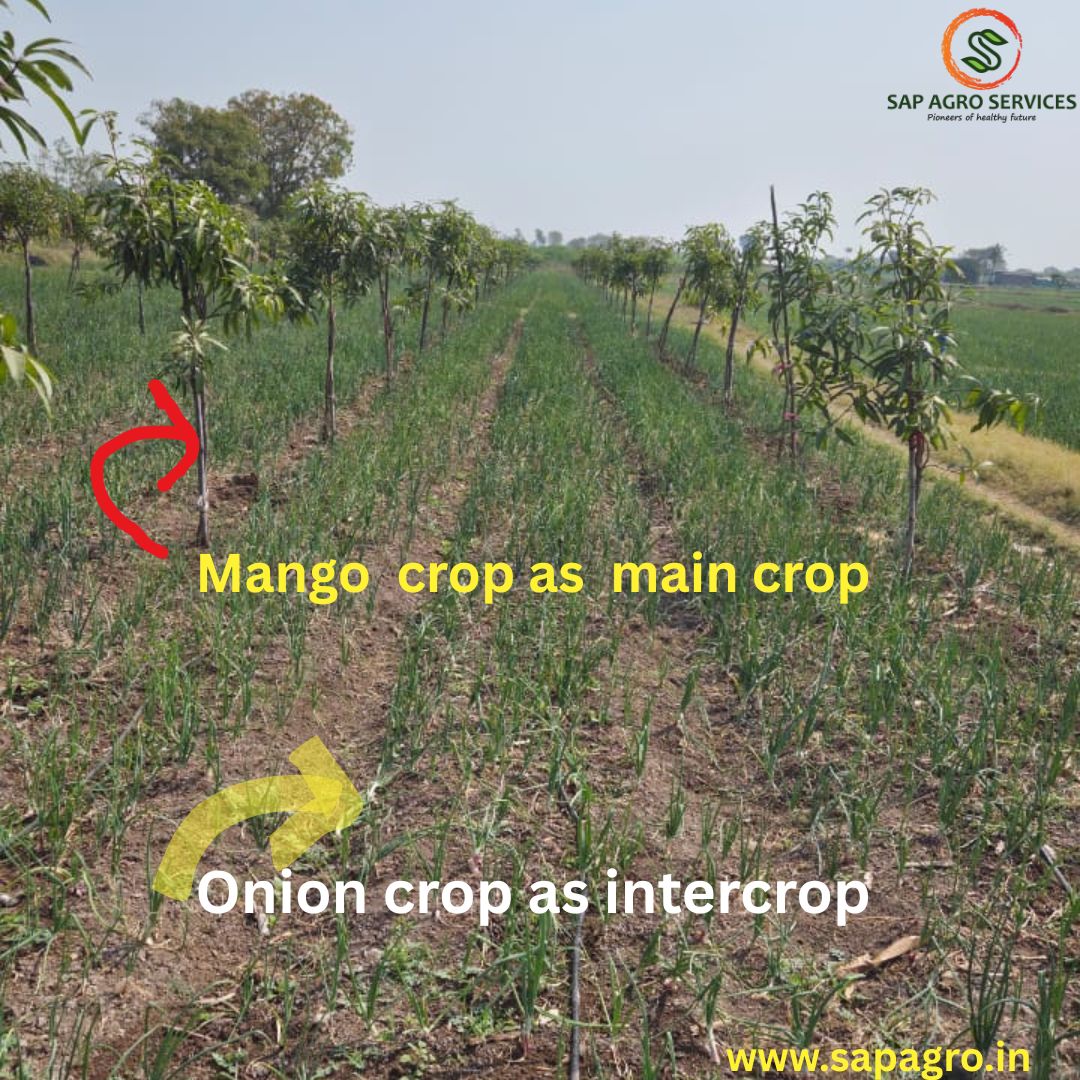Introduction:
With increasing health problems and food contamination, there has been a surge in people gravitating towards making lifestyle changes by switching to healthier alternatives. In recent years, a growing emphasis on food safety has propelled the government to employ myriad schemes to exhort organic produce farming.
In simple terms, Organic farming refers to an agricultural process that relies on the usage of biological fertilizers and pest control acquired from animal or plant waste. Unlike conventional farming, the extensive use of artificial or synthetic fertilizers and pesticides is applied to generate higher yields and profits.
This posits a major safety concern and acts as an obstacle to maintaining overall public health. For these reasons, many consumers are questing for food that ensures security through ecologically tested and authentic systems. Organic vegetables and fruits contain 27% more vitamin C in comparison to conventionally grown produce.

As per the report of the Research Institute of Organic Agriculture, India ranks 8th with respect to the land of organic agriculture. In 2003, Sikkim officially adopted organic methods of farming and in the year 2016, it was declared a 100% organic state in the world.
It was also conferred with Oscar for best policies by the Food and Agricultural Organization (FAO) for their commendable efforts in implementing sustainable farming and setting an epitome for the rest of the world. Similarly, states like Madhya Pradesh, Maharashtra, and Rajasthan are also pacing ahead in terms of adopting organic practices.
PRINCIPLES OF ORGANIC FARMING
The International Federation of Organic Agriculture Movement (IFOAM) has laid down four important principles when it comes to organic farming. They are as follows-
- Principle of Care- Organic farming should be handled and managed with the utmost care, keeping in mind the health of the consumers and future generations.
- Principle of Health- Organic farming should sustain the health of the soil, health, plant and overall enhance it.
- Principle of Ecology- Organic farming should be based on living systems.
- Principle of fairness- Organic Farming should be based on the virtues of fairness and social justice
PROCESS OF ORGANIC FARMING
Following our stages chronicling the journey of Organic produce from farm to table-
Step 1-
Soil Preparation – Soil is the most important component when it comes to raising a crop. Organic farming relies on the natural breakdown of organic matter, using methods like manure composting in order to supply nutrients to the soil. Sustainable soil management ensures soil fertility and increases microbial activity.
Step 2- Sowing- The selection of good quality seeds is very important. After the preparation of the soil is done, sowing the seeds is the next process.

Step 3– Manuring- Green manure is a key part of organic farming. Some gardeners also use farmyard manure as it develops soil fertility and attracts beneficial insects. Manure made of waste, plant waste or bone meal is generally very eco-friendly thus enhancing the nutritional value of the crops.

Step 4-
Irrigation- The land closest to a water source is a boon for organic farming. Adequate irrigation enables growth and water supply to the crops. The interval between successive irrigation is also controlled to avoid over-irrigation.

Step 5-
Weed management- An organic farmer must usually rely on mulching. It is a process of covering the soil surface to prevent weed seed germination. Organic mulches such as straw, bark, and composted material provide effective control. Other tools such as crop rotation or soil solarization are also used as methods to control unwanted weeds from damaging crops.

Step 6-
Harvesting-
Harvesting or reaping is the act of removing a crop from its location to a more secure location. This generally consists of a series of actions such as digging, lifting, winnowing, stocking and threshing.
Step 7-
Post Harvest Storage – In order to maintain the quality, the temperature is an important tool, especially in this stage. Harvesting cuts off vegetables from their source of water. However, it is alive and will lose respiration and turgor. Due to field heat, the process of loss of respiration is accelerated which results in deterioration in food quality. Therefore, adhering to proper cooling methods is a mandatory step. Along with this, proper sanitation of equipment or contact surfaces, and water disinfection should be assimilated into the post-harvest handling.
This sums up the process of post-harvest treatment. Now we move towards understanding food processing and handling for it to reach the consumers.
Organic Food Processing and Handling
- Developing a Handling Plan- The operator includes a handling plan such as the description of practices to be performed, enlisting substances used in the procedure etc.
- Packaging – The packaging used is always eco-friendly and most importantly, the packaging used should not contaminate or affect the food or food quality. The accredited Certification body must approve the packaging.
- Labelling – Labelling enlists precise and accurate information about the organic product. When all the standards expected are successfully met, then only the organic products are sold as ‘produce of organic agriculture’ or with any similar description.
- Processed Products- Single-ingredient products can be labelled as ‘Organic’ wherein all standard requirements are adhered to. In the case of multi-grain ingredients, where a minimum of 95% are of certified origin, the product can be labelled as ‘certified organic’ and must carry the logo of the certification program.
- Storage and Transport – Organic products are stored at ambient temperature. The products are well protected and are kept away from other conventional products. The storage areas and containers used for transporting should be hygienic and devoid of any contamination arising from co-mingling of other products.
CONCLUSION:
Due to the increase in population, it is important not only to stabilize agricultural production but also to expand it in a sustainable manner. Organic farming acts as a protectant for the environment because it is natural farming that prevents the exploitation of natural resources and helps maintain a healthy environment along with good economic returns. However, it is important to have acumen and skill in order to manage an organic farm and produce higher yields. This can be best developed through well-structured certificate courses and expert consultancy at Sapagro.
You may also like best organic farming training in India, and also in you are looking for the best digital marketing course in dadar, then moving digits is the best place for you.














